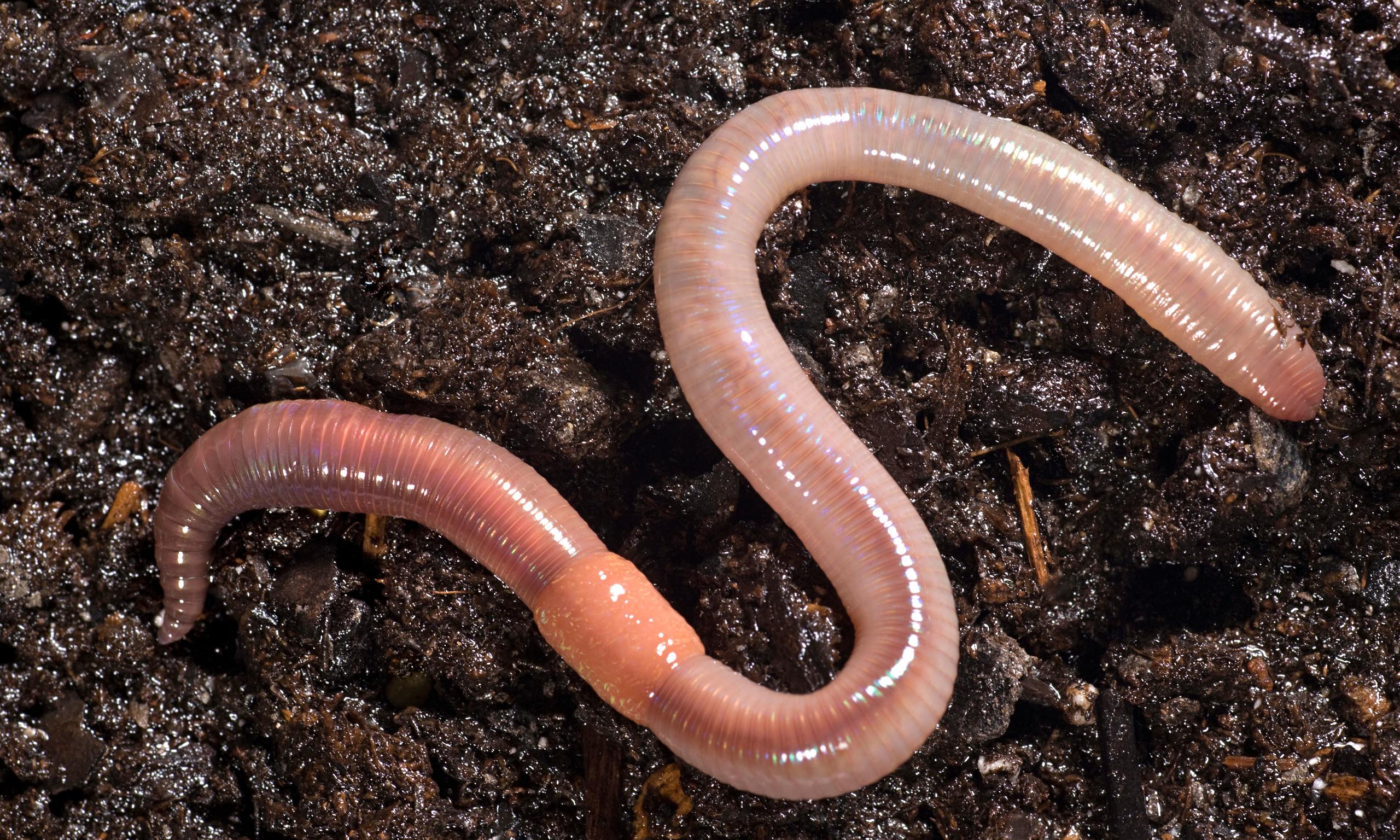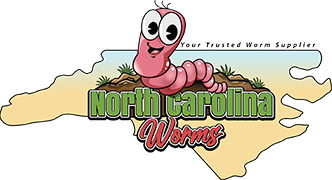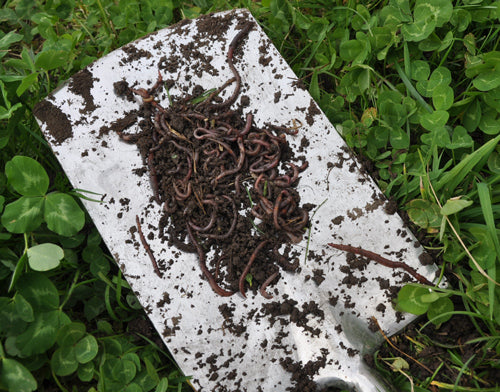The 8-Second Trick For North Carolina Worms
The 8-Second Trick For North Carolina Worms
Blog Article
Things about North Carolina Worms
Table of ContentsThe Ultimate Guide To North Carolina WormsThe Buzz on North Carolina WormsNorth Carolina Worms Fundamentals ExplainedNorth Carolina Worms Can Be Fun For AnyoneSome Of North Carolina Worms
Little is recognized regarding the practices of earthworms in Australia. Much of the study that has been done has actually been accomplished in southern Australia, where the environment and dirts are quite various to the NSW North Coastline. Because of this, this details is very basic in its approach. However, the principles established from study on earthworm ecology can be used normally to most dirts and climates.In zero-till dirts, where worm populaces are high, water seepage can be as much as 6 times higher than in grown dirts. Earthworm passages additionally act, drunk of rainfall, irrigation and gravity, as passageways for lime and other product. Earthworm casts cement soil particles with each other in water-stable aggregates. These have the ability to save wetness without spreading.
There was a close connection between pasture performance and complete worm weight, with some 170 kg of worms for every tonne of annual completely dry matter manufacturing. Due to the fact that earthworms do not such as soil that is also acid, alkaline, completely dry, wet, hot or cold, their presence is an excellent indicator of soil conditions appropriate for plant development.
Everything about North Carolina Worms
Researchers have actually found that after 4 years, zero-tilled paddocks had twice as several worms as grown soils. Superficial cultivation might not impact worm numbers.
If you do not have many earthworms in your soil, present a few of the practices described above. It is surprising just how quickly they accumulate in beneficial problems. Cut field sods from locations with high worm populaces and transfer them to worm-free locations. New swarms will develop within a number of years as long as there is lots of natural matter and soil and climatic conditions are beneficial.

For one, they like a great deal of wetness. As we've chatted regarding in the past, dirt that is high in raw material has the ability to hold on to means even more wetness than deficient dirt. They additionally like loam, and temperatures in between about 50 65 degrees. Seem like quite positive problems for the gardener, as well.
North Carolina Worms Can Be Fun For Anyone
Worms minimize dirt compaction. As worms tunnel right into your dirt they open up networks through the dirt, producing pores where there as soon as was dirt hard masses. Worms help in dirt oygenation. Consider the process of aerating a lawn you drill out little bits of dirt in order to make more space for air.
If your soil is anything like mine, it can only take in a lot water before it simply sits there, unable to pass through to lower levels. When worms dig furrows, they produce ideal little waterslides to deliver water deep below. Photo credits: Veggiegardener Worms reduce the effects of pH. When they consume and process your soil, their waste matter is provided neutral at the same time.

Their excrement is chalk-full of helpful germs that assist to break down natural matter in the soil. Worms consume nematodes. While there are nematodes available that are helpful to your soil environment, there are others that are harmful. Worry not, for earthworms like to snack on the unsafe ones.
Depending on your dirt kind, there are numerous nutrients that are not ready to be used up by plants. Worm spreadings are complete of easily available nutrients such as nitrogen, phosphorus, and potassium. Taking every one of these elements right into factor to consider, what's not to like regarding earthworms? Comply with the guidelines that will lead you to having healthy and balanced dirt, then watch the worms appear, and take a look at what they contribute to the dirt in time.
North Carolina Worms for Beginners
With the international push for sustainability and with green techniques growing in popularity, individuals are lastly coming around and acknowledging the ecological advantages of red wiggler worms and composting. In this article, we'll review exactly how vermicomposting sustains lasting gardening and the environmental advantages of red wigglers and various other earthworms.
This is the except it. If you want to read extensive regarding red shakes, we have an entire short article committed to them below. Currently, let's obtain right into the nuts and bolts of exactly how these worms support sustainable horticulture practices and benefit the atmosphere: Worm composting resembles a medspa day for your dirt.
When included into your yard soil, these spreadings boost its framework, aeration, and water retention. This helps with plant growth and wellness and does not require making use of any type of chemicals. Did you understand that natural waste composes a substantial section of garbage dump product? And decomposing organic waste in garbage dumps creates large quantities of landfill gas (LFG), which is consisted of about 50% CO2 and 50% methane a greenhouse gas approximately 28 more effective than CO2.
All About North Carolina Worms
(https://angelsdirectory.com/North-Carolina-Worms_353123.html)By diverting your kitchen scraps and backyard waste into a worm composting bin, you're successfully decreasing the quantity of natural waste that ends up in land fills. Forget concerning chemical plant foods worm castings are the actual deal.

Report this page